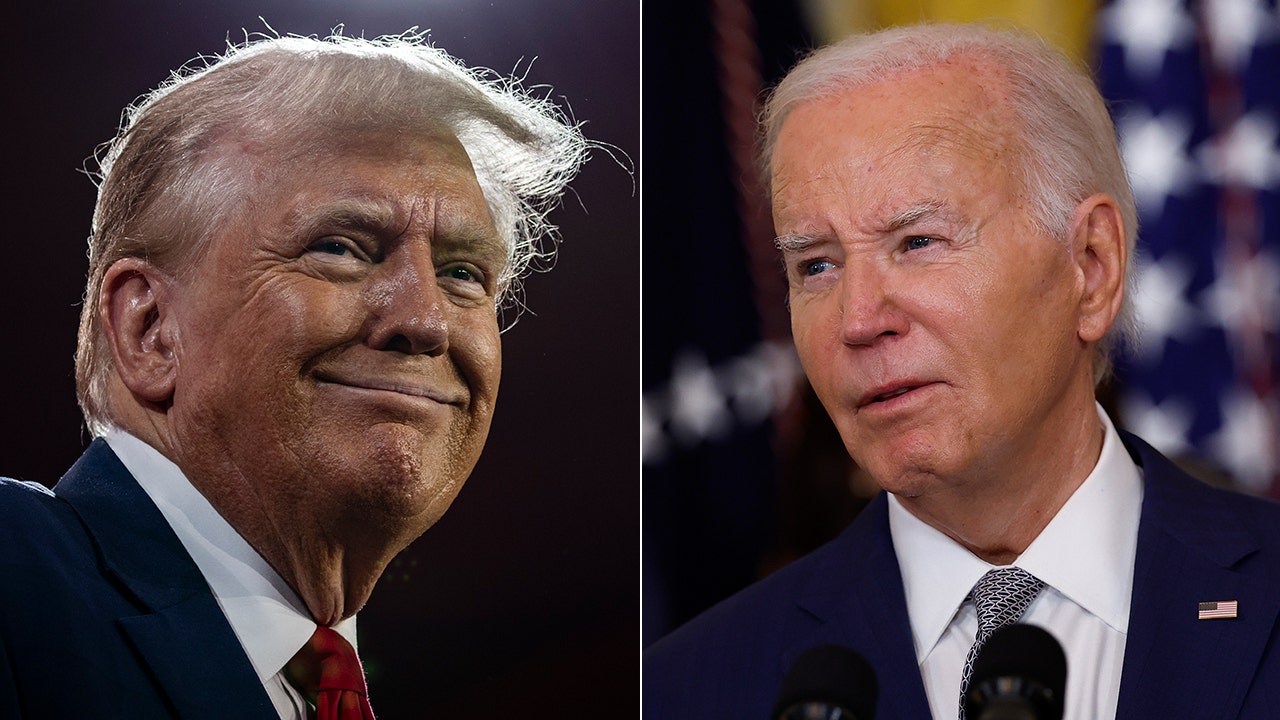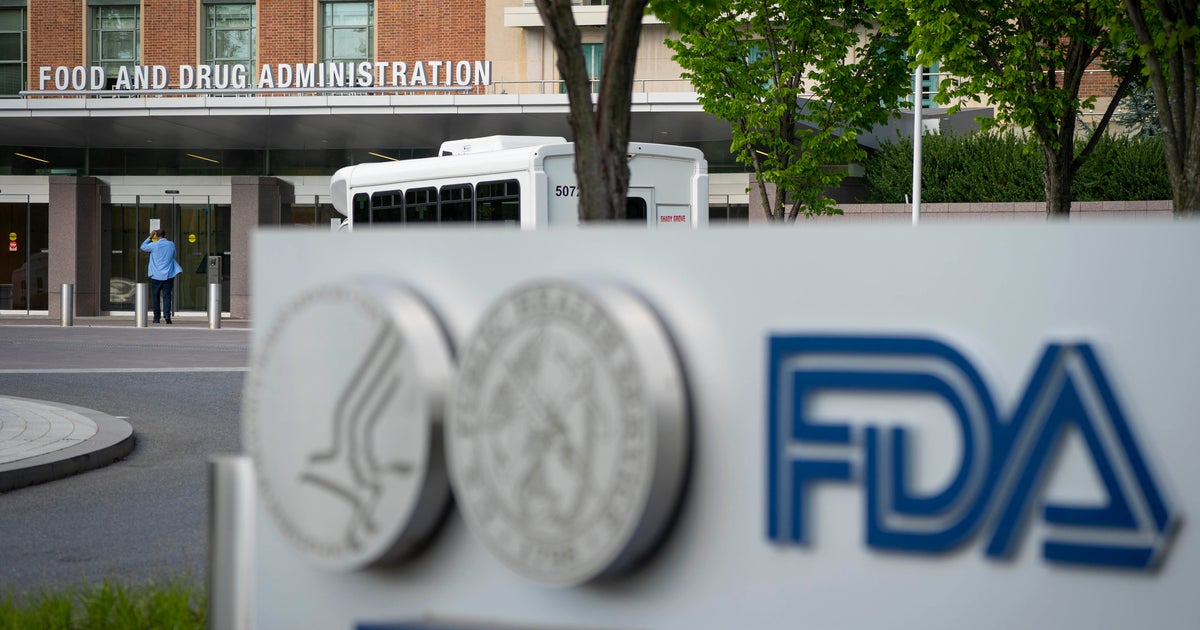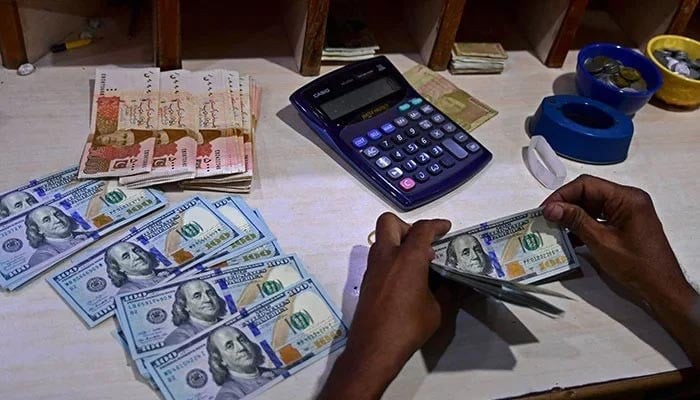The already under-pressure Pakistani rupee declined further against the dollar on Friday following Prime Minister Shehbaz Sharif’s comments that the International Monetary Fund (IMF) is giving Pakistan a “tough time”.
“As we speak, an IMF delegation is in Islamabad [holding parleys on loan programme] and giving a very tough time to the finance minister and his team,” the premier said while speaking at the Apex committee meeting in Peshawar, and termed the economic challenges “unimaginable”.
The global lender continues to put tough demands before the government to do more on the economic front.
The local currency was seen trading at 276 against the greenback at around 12:15pm in the interbank market during intraday trade.
A day earlier, the rupee closed at Rs271.35 against the dollar, making it a downfall of Rs7.32.
An IMF delegation landed in Pakistan on Tuesday for last-ditch talks to revive vital financial aid which has stalled for months.
The government has held out against tax rises and subsidy slashing demanded by the IMF, fearful of backlash ahead of elections due in October.
“I will not go into the details but will only say that our economic challenge is unimaginable. The conditions we will have to agree to with the IMF are beyond imagination. But we will have to agree with the conditions,” PM Shehbaz said in televised comments.
Pakistan’s economy is in dire straits, stricken by a balance of payments crisis as it attempts to service high levels of external debt, amid political chaos and a deteriorating security situation.
The country’s central bank said Thursday its foreign exchange reserves had dropped again to $3.1 billion dollars, which analysts said was enough for less than three weeks of imports.
On Wednesday, year-on-year inflation had risen to a 48-year high leaving Pakistanis struggling to afford basic food items.
Ahead of the IMF visit, Islamabad began to bow to pressure with the prospect of national bankruptcy looming and no friendly countries willing to offer less painful bailouts.
The government loosened controls on the rupee to rein in a rampant black market in US dollars, a step that caused the currency to plunge to a record low. Artificially cheap petrol prices have also been hiked.
The world’s fifth-biggest population is no longer issuing letters of credit, except for essential food and medicines, causing a backlog of thousands of shipping containers at Karachi port stuffed with stock the country can no longer afford.
IMF giving Pakistan ‘tough time’ amid loan talks
According to Bloomberg, the Pakistan rupee and dollar bonds declined after Prime Minister Shehbaz Sharif said the IMF is giving the nation a tough time in the ongoing loan talks.
USD/PKR rises 1.8% to a record 275.0250, according to data compiled by the US publication. Bonds due in April 2024 were indicated 0.3 cents lower at 56.94 cents on the dollar.
AA Commodities Director Adnan Agar told The News that the rupee’s downward spiral is expected till Pakistan secures a staff-level agreement with the Washington-based lender.
The analyst said that the market is reacting to the reports coming on the demands being put forward by the IMF to the government.
Agar warned that if the government fails to secure a staff-level agreement with the Fund then the rupee will take more hits.
“If the IMF deal is done timely then it would appreciate but not that much,” said Agar. He added that the rupee will continue to remain weak till Pakistan receives money from the IMF.
ECAP General Secretary Zafar Paracha told Geo.tv that when the dollar cap was removed, it was estimated that the rupee would hit 270 and rebound, however, circumstances changed.
“Our reserves are at their lowest in nine years and terrorism — which isn’t restricted to Peshawar — is also surging,” he said, explaining the reason behind investors’ lack of confidence in the government.
The ECAP general secretary added that the ongoing political turmoil was also adding to the country’s woes as opponents are being arrested every other day and being put behind bars.
Paracha added that the black market gap has been met to a certain extent, but since the government has not opened the letters of credit (LCs) for importers, it will persist.
“The government has asked the importers to arrange dollars on their own […] this is why the black market is still active. If this does not stop, the gap might even increase,” he warned, urging the authorities to move towards import rationalisation.
Paracha added that amid the terror threat and other underlying reasons, the exports have not released their payments yet, resulting in the scarcity of dollars in the market.
Circular debt plan rejected
A day earlier, the IMF rejected the government’s circular debt management plan and today it was reported that the Fund has conveyed to the authorities to undertake substantial qualitative and sustainable tax and non-tax revenue measures to fetch additional revenues for filling the projected gap of Rs600 billion in the fiscal framework.
The IMF delegation has asked the government to jack up the Federal Board of Revenue’s (FBR) tax collection target to align it with the projected nominal growth in the current fiscal year mainly with the help of a surge in the CPI-based inflationary pressures.
The Fund seems ready for providing an adjuster on flood expenditures once the fiscal framework is finalised. But it will depend on how much expenditures could be occurred on floods both on the development and non-development side of the budget especially through disbursements of stipends through the Benazir Income Support Programme (BISP).
Alarming decline in forex reserves
As the talks continue, alarmingly, the foreign exchange reserves held by the State Bank of Pakistan (SBP) nosedived to just $3.08 billion as of January 27.
The country faces a double-edged sword, as the dollar inflows in shape of loans from multilateral and bilateral have severely choked and shrunk.
‘Precarious situation’
Development economist Maha Rahman told The News that the Washington-based lender’s bailout programme had become critical for Islamabad as further inflows were dependent on the IMF’s nod.
“Pakistan is in a precarious situation given the limited reserves and our total monthly import bill,” the economist said.
“Please bear in mind that the import bill is a conservative amount right now given the payment difficulties and restrictions. So a realistic estimate is worrying,” she added.
Political chaos
The tumbling economy mirrors the country’s political chaos, with former prime minister Imran Khan heaping pressure on the ruling coalition in his bid for early elections while his popularity remains high.
Khan, who was ousted last year in a no-confidence motion, negotiated a multi-billion-dollar loan package from the IMF in 2019.
But he reneged on promises to cut subsidies and market interventions that had cushioned the cost-of-living crisis, causing the programme to stall.
It is a common pattern in Pakistan, where most people live in rural poverty, with more than two dozen IMF deals brokered and then broken over the decades.















































